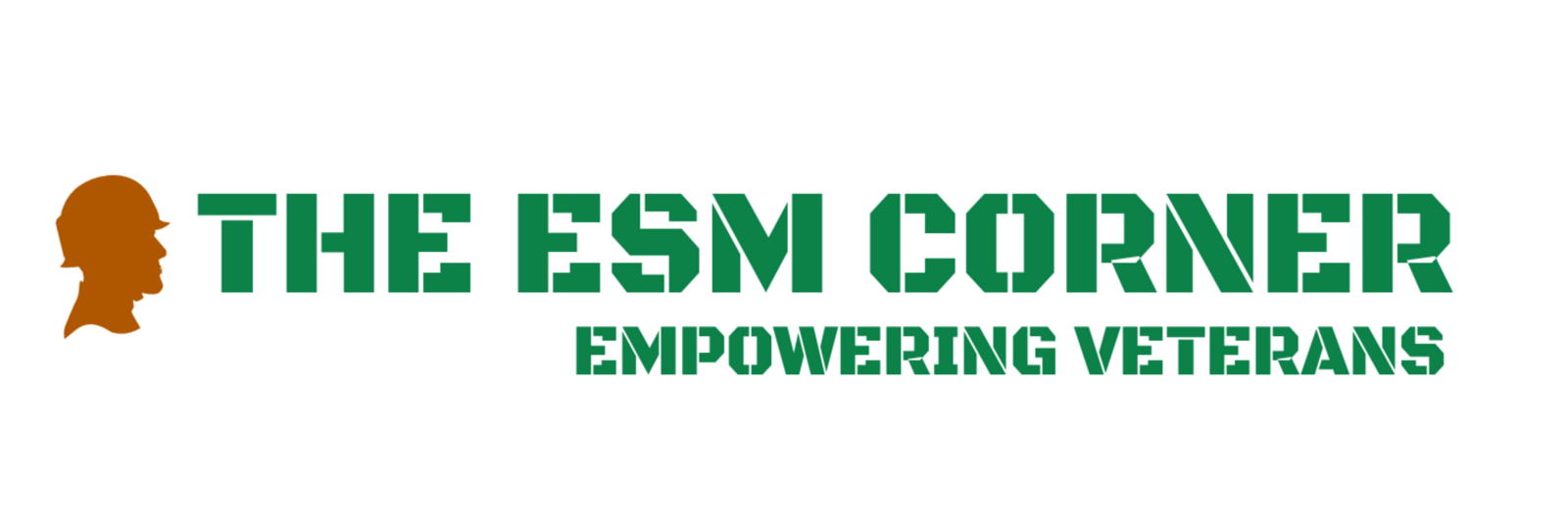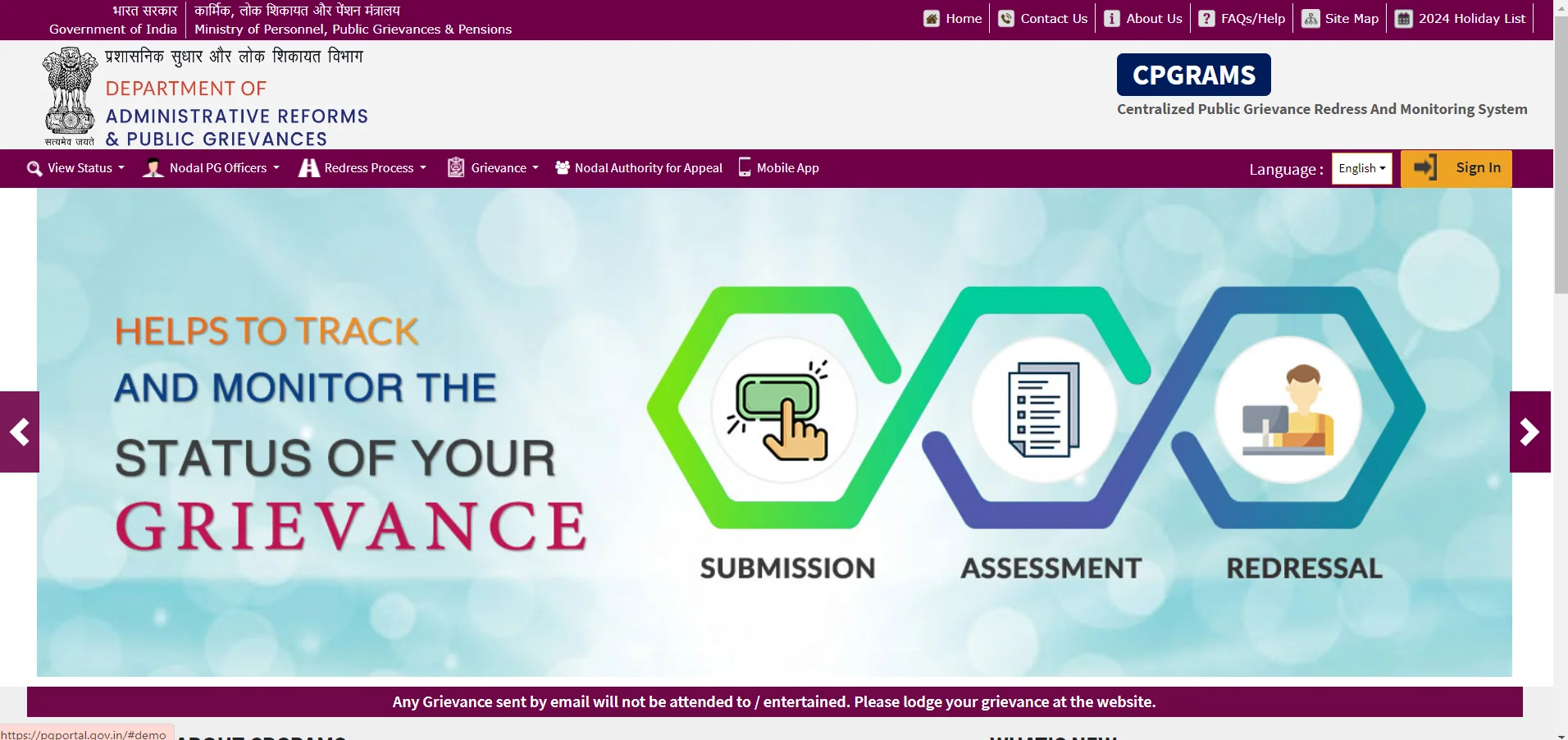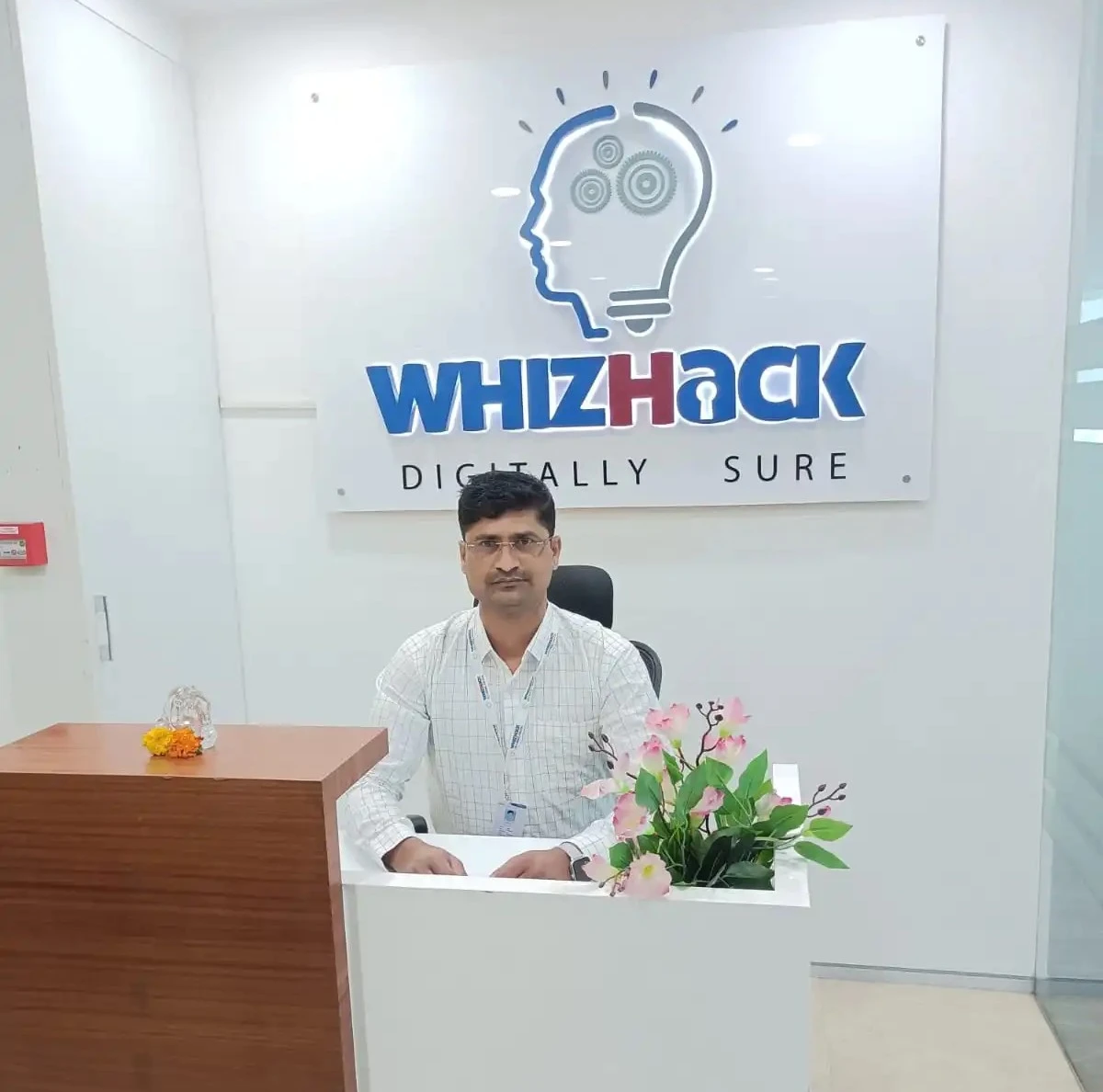
INTRODUCTION
We are delighted to present the ESM Affairs section of The ESM Corner website, which features the success stories of Ex-Servicemen who have excelled in the civilian world. Today, we have the honour of interviewing Signalman Pathan Imam Vali, an Army Veteran who served in the Corps of Signals for 17 years and made a remarkable transition into the corporate sector as a Cyber-Security and Network-Security Engineer. The Corps of Signals, also known as Cyber Warriors, is a combat support arm of the Indian Army that ensures secure and reliable communications for the Indian Army under all circumstances, providing Voice, Text and Data.
Signallers also handle the configurations of servers, Cyber Security Equipment, Firewalls, etc. Signalman Pathan Imam Vali has utilized his skills and experience from the Army to join WHIZHACK Technologies Pvt Ltd, a leading cybersecurity company based in Gurugram, where he earns an impressive 12+ LPA package. Let’s explore his amazing story and learn from his insights and tips.
SECTION 1: LIFE IN THE ARMY AS A SIGNALMAN
Ques: Could you share some memorable experiences from your time in the Indian Army, including your enrolment and the various locations you served?
Ans: I joined the Army on September 15, 2006, as a Technical Entry in the Esteemed, Prestigious and Fast progressing Corps of Signals. My primary job was to handle Wireless radio and static phonics communication through Telephone exchanges. I served until September 30, 2023. I was posted in various locations such as Firozpur, Leh, Bhopal, Nagrota (Jammu), Bikaner (Rajasthan), and Hyderabad. Every new place, every new Unit gave me a new opportunity to learn and grow.
Ques: How did your job in the Signals shape your career path?
Ans: As a Duty Mechanic of a Brigade level Signal Company, I had the chance to work in various roles beyond my trade. With the help of our skilled seniors, I learned to set up terminal devices, firewalls, and servers on a small scale. I liked that work and enrolled in a course on computer hardware and networking from Tech Mahindra. This gave me the skills to create new network entities. I then progressed to a higher level of work and built a new website as a new network entity in six months. This showed my ability to adapt and learn constantly.
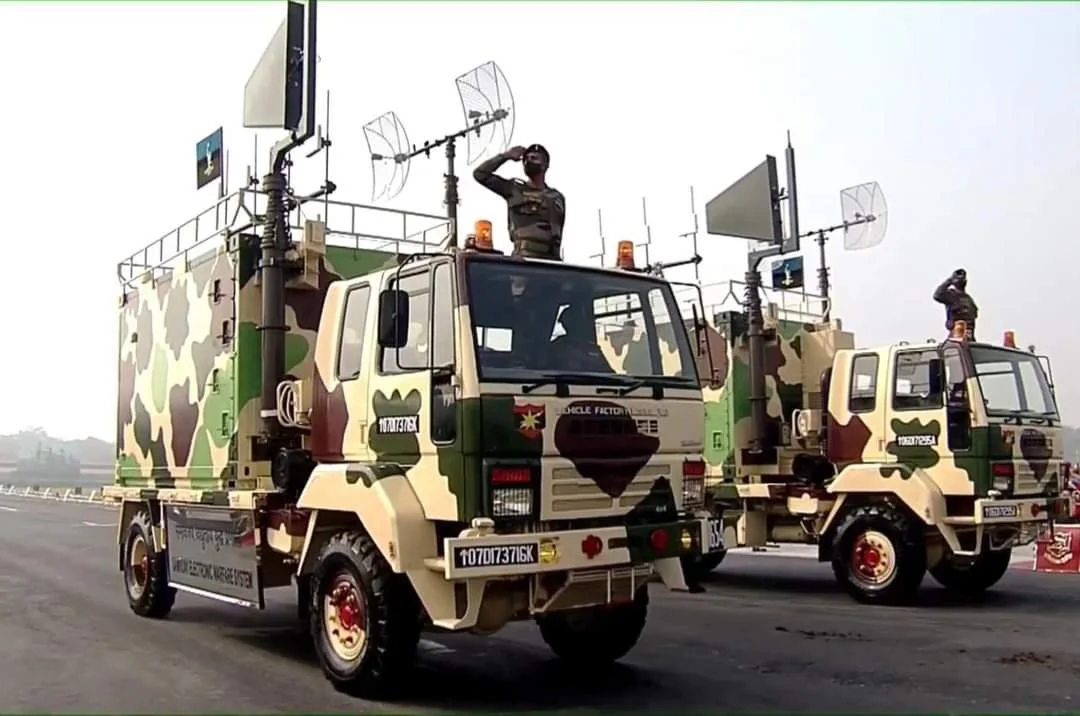
Ques: How did your service in the Army influence your personal and professional development?
Ans: My service in the Army taught me many valuable lessons and skills that helped me grow as a person and a professional. Some of them were Discipline, dedication to technical work, Determination, Leadership, Adaptability, Punctuality, Smart Work, Open Mindset and physical fitness. The Army also provided me with opportunities to learn and practice technical skills, and to enroll in courses and experiences that prepared me for my current career.
Ques: What differentiates you from others in your field?
Ans: I am good at finding creative and fast solutions to hard problems. I also care about making solutions easy to use and understand for users. I like to learn new things and stay updated on the latest technologies in my field. This makes me different from others. I always learn new things in technology. This makes me do my work better and with the latest skills.
SECTION 2: EDUCATION & TECHNICAL QUALIFICATIONS
Ques: Could you tell us about your educational journey?
Ans: I have completed my BSc degree from Sri Krishnadevaraya University, a private university in Anantapur, Andhra Pradesh, Before that, I did my Intermediate in PCM from ACS MILLS Jr. College.
Ques: What technical qualifications did you acquire during your service in the Army?
Ans: The Army helped me a lot in acquiring technical skills. I have learned the following technical skills from the Army or through its sponsorship:
- Diploma in Information and Communication Technology from 2 Signal Training Centre, Goa.
- Information Technology Cyber Security (Specialist) from Military College of Telecommunication Engineering (MCTE) Mhow (Indore, M.P).
- Hardware and Networking course from Tech Mahindra (New Delhi).
- Boss Linux Repo Server from C-DAC (Chennai).
- Linux Domain Server from Dbaux Technologies Private Limited (Bangalore).
- Web Page Development course from Jabalpur (M.P).
- COTS Equipment course (Bhopal).
- UTP plus Video Conference course from Nagrota (Jammu).
- Tally ERP 9.0 Course from Jabalpur (M.P).
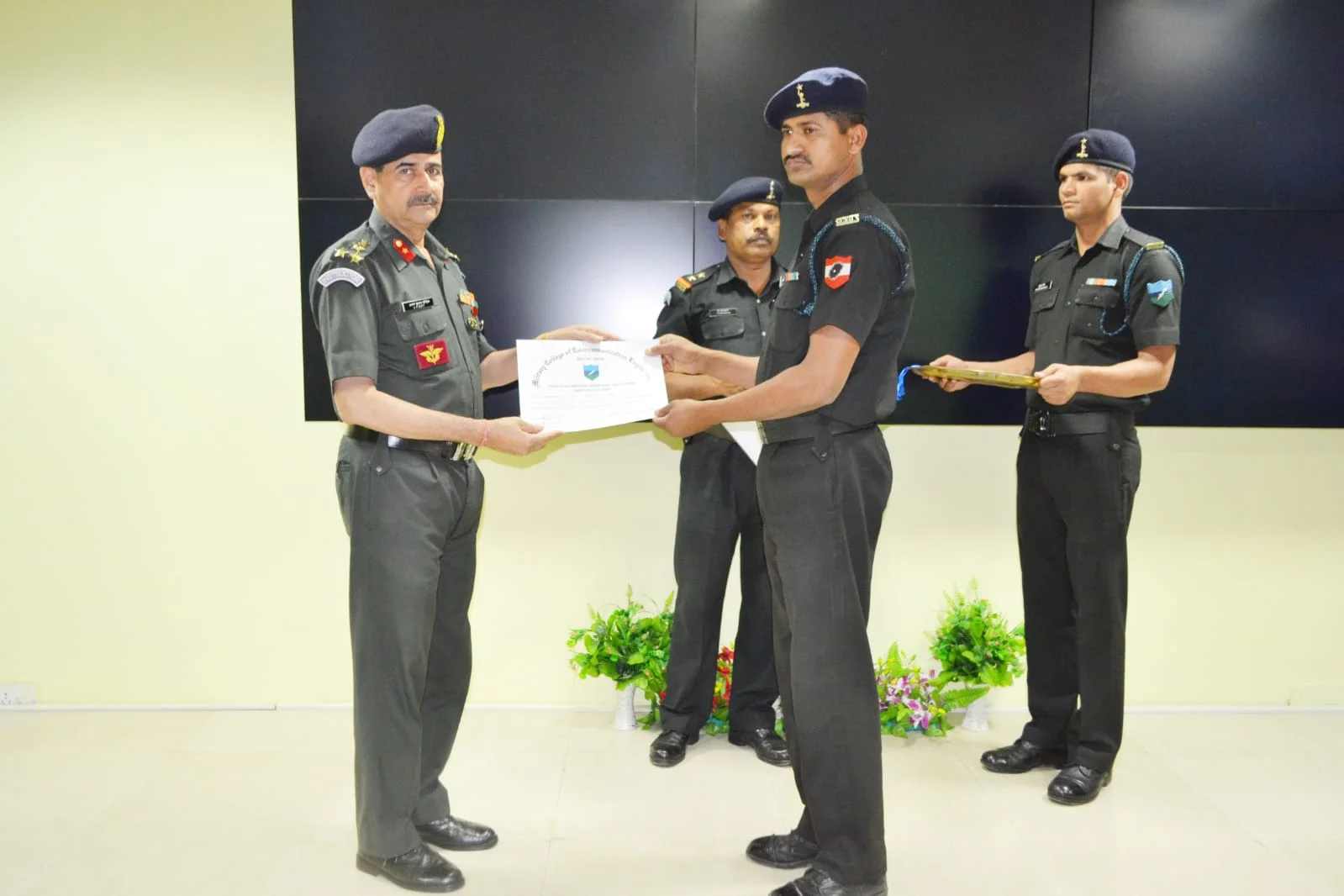
SECTION 3: SKILLS
Ques: What specific skills were instrumental in your transition from the Army to cybersecurity?
Ans: Strong foundational knowledge of Information Technology, 10 Years of hands-on experience in cybersecurity, and the ability to apply strategic thinking were crucial skills in my transition.
Ques: How did the Army help you learn soft skills that are useful in the corporate world?
Ans: The Army helped me learn soft skills that are very helpful in the corporate world. Skills like working well with others, adjusting to different situations, communicating clearly, being devoted, disciplined, punctual, and hard-working have helped me achieve a lot. These qualities help me work smoothly with different kinds of people, solve difficult problems, and stay focused and goal-oriented in my work in the corporate world.
Ques: How do you keep your skills updated in the rapidly evolving field of cybersecurity?
Ans: I always try to keep updated with the fast-changing field of cybersecurity. I took courses and got certifications to make my skills better. I keep reading news, blogs, and forums about cybersecurity. I learn new things, Threats, and solutions. This helps me keep my skills fresh and useful for cybersecurity problems.
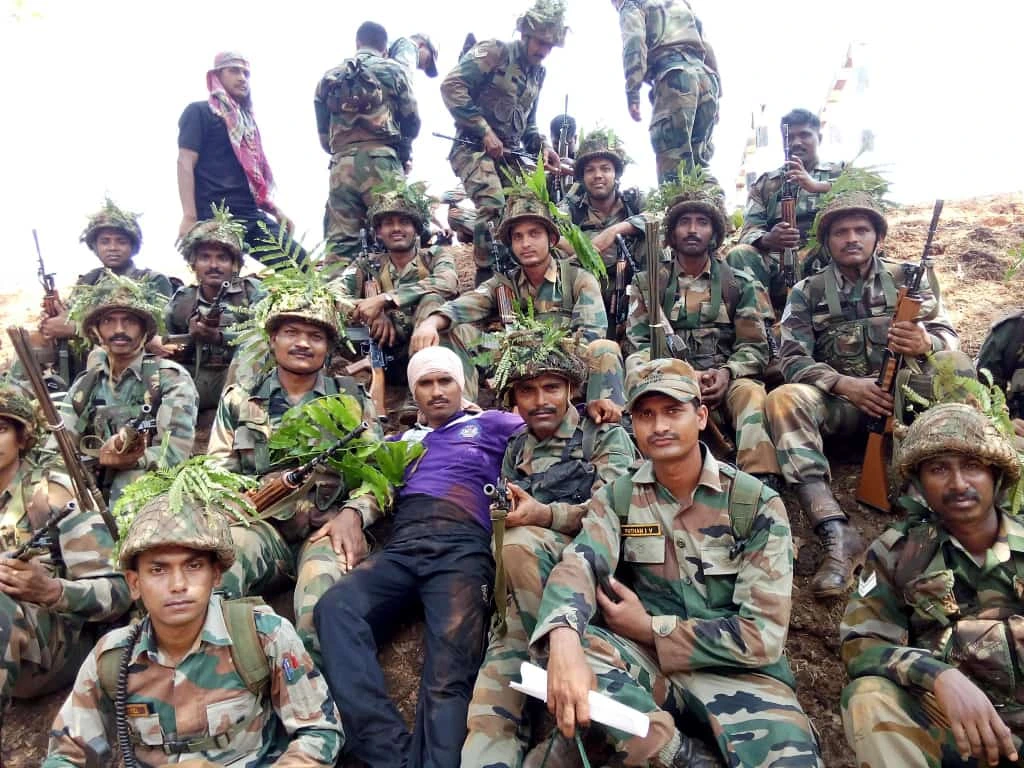
SECTION 4: THE TRANSITION
Ques: How important do you think resumes are for job interviews, and can you give some tips on making a good resume?
Ans: Resumes are very important for job interviews because they show your work history, skills, and qualifications. A good resume can make a big difference in how employers see you. To make a good resume, you should:
- Do a SWOT analysis of yours before making a customised resume for a Job.
- Change your resume for each job you apply for, focusing on the skills and experiences that matter for that job.
- Match your resume with the specific needs and words from the job description.
- Arrange information clearly, with sections like Contact Information, Summary/Objective, Work Experience, Education, and Skills.
- Write a short and interesting summary or objective statement at the start.
- Show your main strengths and what you can do for the employer.
- Add a skills section that matches the job needs.
- Show the difference between technical skills and soft skills.
Explore ESM CORNERS’ Resume Building Service for Indian Armed Forces Veterans’
Ques: What inspired you to enter the corporate sector with cybersecurity after retiring from the Army?
Ans: I decided to switch from the Army to the corporate sector in cybersecurity because of many reasons. First, I learned a lot about information technology and cybersecurity in my Army career, and I knew these skills were very important for security. Second, the corporate sector is a place where I could use and improve my skills more. Cybersecurity is very important for businesses facing online threats, and I wanted to help them with my skills and wanted to learn more. Third, the corporate sector gave me a chance to grow, learn from different people, and face new challenges.
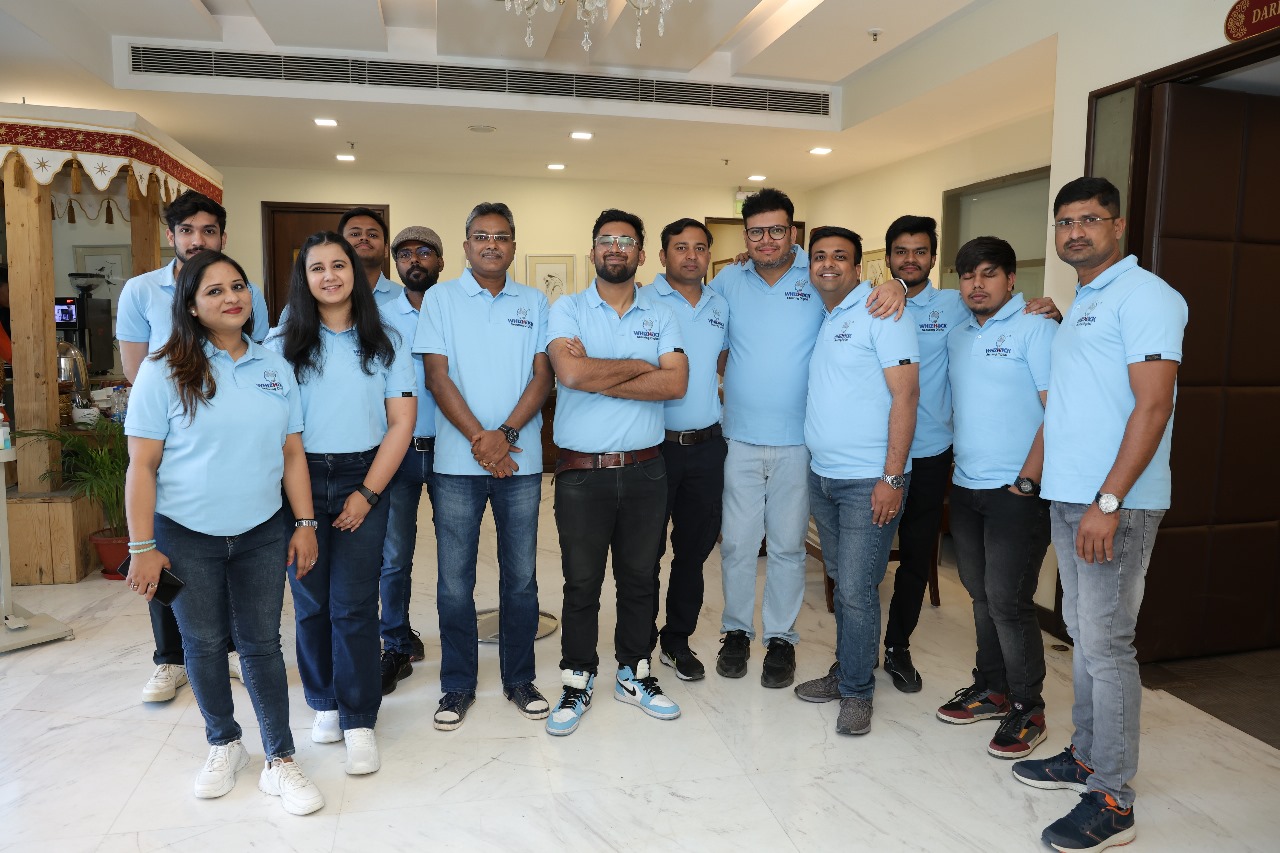
Ques: How was your transition from military to civilian life, particularly in a corporate setting? What challenges did you face?
Ans: Transitioning from military to civilian life, especially in the corporate sector, can be both exciting and challenging. Here are some things that people often go through during this change:
- Culture: The military culture is formal, disciplined, and hierarchical, while the corporate culture is informal, flexible, and diverse. Learn the new workplace norms, such as dress code, communication, and feedback, and be open to different views from your co-workers and bosses.
- Skills: Military skills are often useful, but not enough, for the corporate sector. You need to learn and emphasize soft skills like communication, teamwork, and adaptability. You also need to update your technical skills to match the current needs and standards of the industry. To improve your skills, you should take courses, certifications, and training that are relevant and recognized in the corporate sector. You should also showcase your skills in your resume, cover letter, and interview.
- Structure: The military structure is rigid, clear, and standardized, while the corporate structure is dynamic, ambiguous, and varied. Be ready to deal with uncertainty, complexity, and change, and be proactive in seeking information, guidance, and opportunities for your career.
- Accountability: Military accountability is direct, intense, and consequential, while corporate accountability is indirect, moderate, and flexible. Understand and balance the expectations and goals of your role, team, and organization, and balance quality and speed, as well as autonomy and collaboration, in your work.
- Career progression: The military career progression is predictable, linear, and merit-based, while the corporate career progression is unpredictable, nonlinear, and network-based. Be flexible and adaptable to different roles, projects, and industries, and be proactive in building and maintaining your professional network, as well as showcasing your skills and achievements.
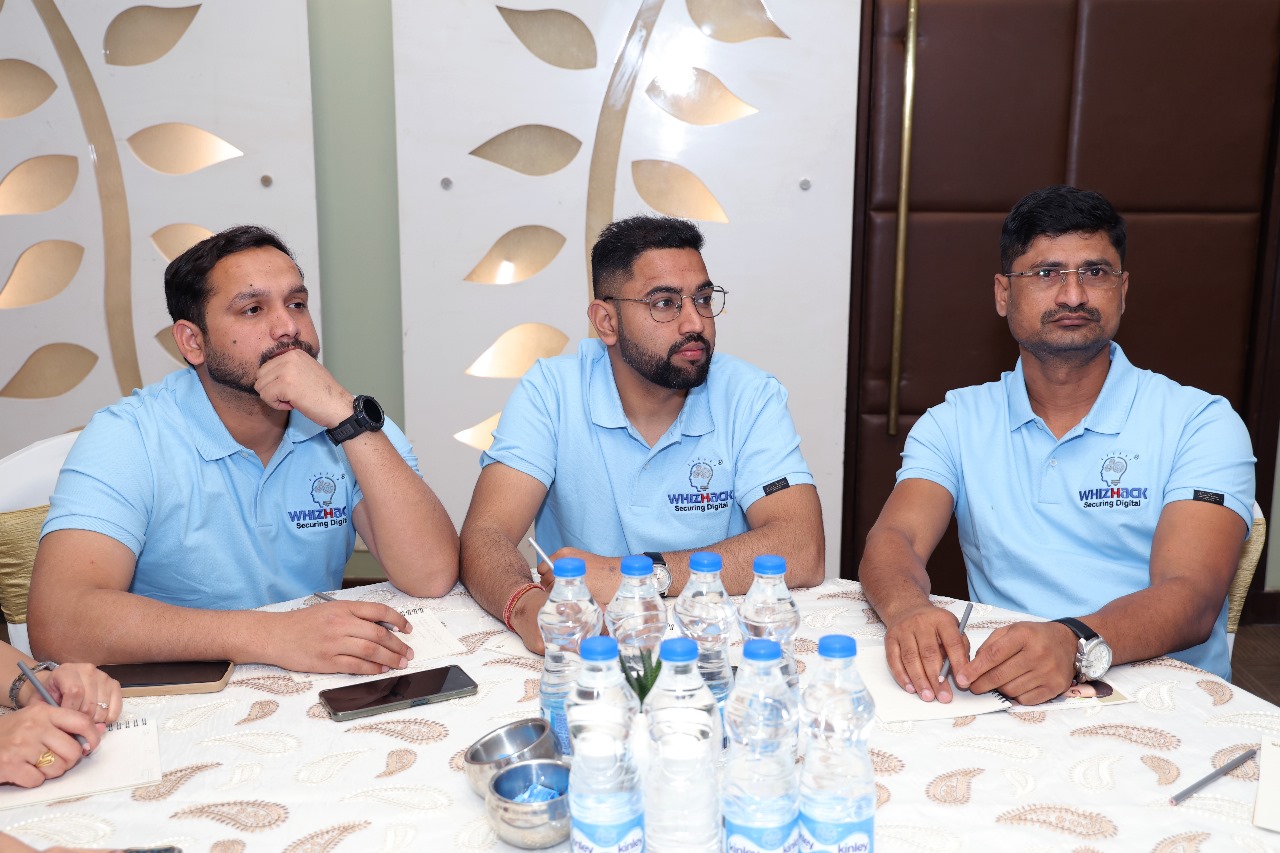
Ques: Could you share your experience of the interview process at WHIZHACK Technologies and how you secured the job?
Ans: I started my job search on LinkedIn. I used my LinkedIn profile to look for opportunities. I found the Whizhack Technologies Company’s Job Description on LinkedIn and applied for it on 7th Dec 2023. The HR contacted me for the first-phase interview on 15th Dec. The technical head of Whizhack Technologies Company interviewed me for more than an hour. They sent me an Offer letter on 18th Dec. I accepted it and joined WhizHack Technologies on 8th Jan 2024 after the final Interview.
Ques: Which Type of Questions were asked to you during the Interview?
Ans: The questions they asked me were relevant to their Job Description and my Qualifications that I listed in my resume. They focused on my cybersecurity skills, knowledge, and achievements. They also wanted to know about my expectations and requirements for the salary and benefits from the Company.
Ques: What would you like to advise your peers on how to prepare for the Interview?
Ans: For those who are preparing for their transition into the corporate sector I would like to advise them that they should prepare well, for the interview according to the Job Description, be Honest about what they know and keep improving their skills, by reading, learning and attending online classes.
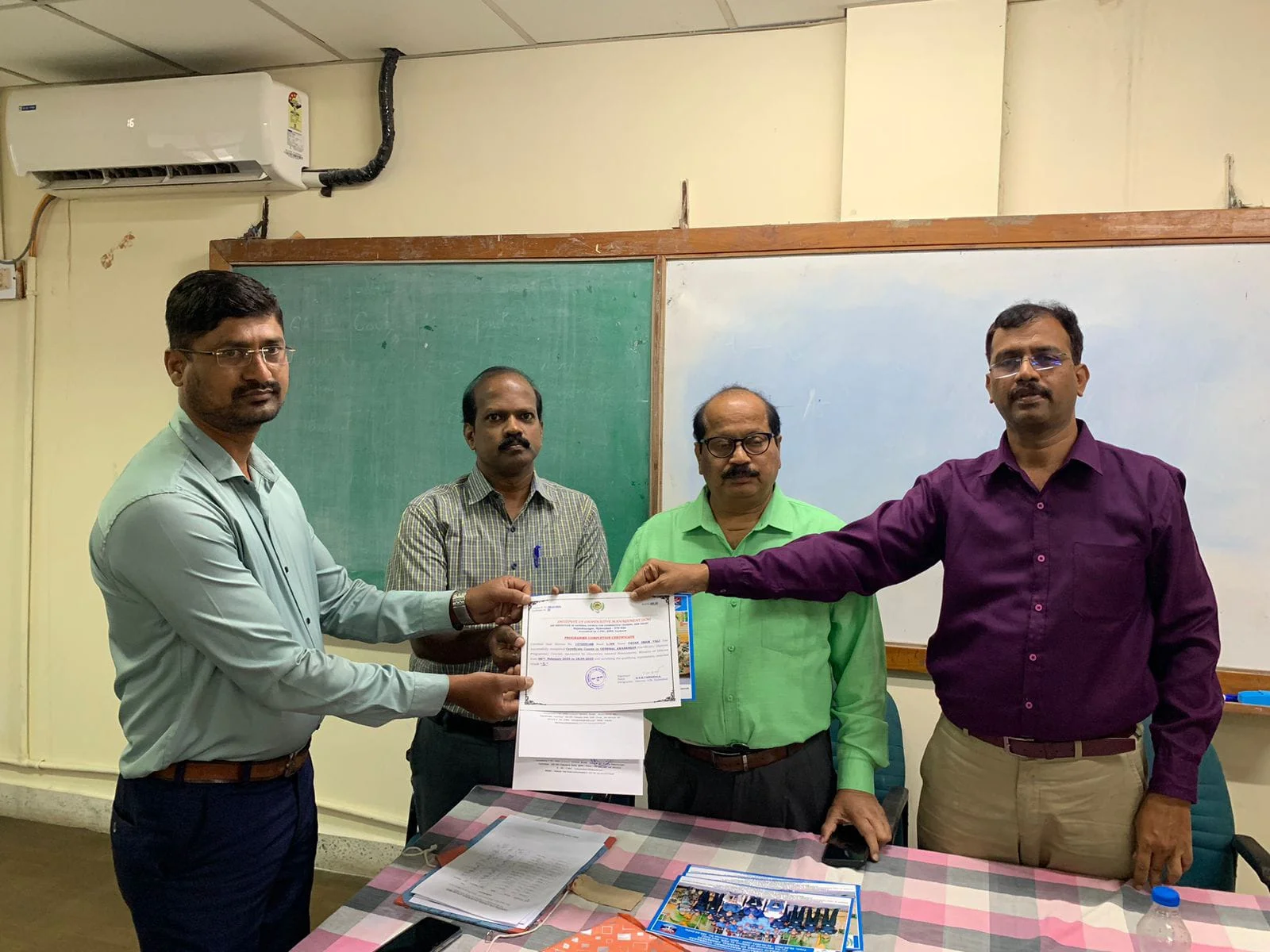
SECTION 5: LOOKING AHEAD
Ques: What advice would you give to other Ex-Servicemen looking to transition into the corporate world?
Ans: Transitioning from military to corporate life can be both rewarding and challenging. Here are some tips for ex-servicemen making this change:
- Identify and translate your transferable skills from the military to civilian roles, such as leadership, teamwork, adaptability, problem-solving, and technical skills.
- Stay current on industry trends and pursue relevant certifications or training for your desired civilian career.
- Use your military network and build new connections in the civilian world through networking events, professional groups, and LinkedIn.
- Find a mentor who has successfully made the transition and can offer you advice and guidance.
- Research and explore different industries and companies that match your skills and interests. Try internships, informational interviews, or job shadowing to learn more about potential career paths.
- Learn to speak in civilian terms and avoid military jargon and acronyms.
- Build a strong LinkedIn profile that highlights your abilities, accomplishments, and background. Join and contribute to meaningful conversations and show your knowledge.
- Practice common interview questions and highlight how your military experience has prepared you for a corporate setting.
- Be open-minded and willing to learn from the differences in culture and processes between the military and the corporate world.
- Utilize resources and support services for veterans. Many organisations offer programs and assistance to help veterans transition into civilian careers.
- Remember, your military skills and experiences are highly valuable, and with careful preparation and networking, you can find a satisfying and rewarding career in the corporate world.
Ques: How do you envision your career progression at WHIZHACK Technologies?
Ans: I envision my career progression at WHIZHACK Technologies in many ways:
- Specialize in network, application, or threat security.
- Obtain certifications (e.g., CISSP, CompTIA Security+, CEH).
- Advance to Senior Cybersecurity or Security Architect roles (CISO).
- Lead and manage security projects.
- Develop expertise in emerging technologies and threats.
- Move into managerial positions such as Security Manager or Director.
- Oversee and coordinate cybersecurity efforts across the organization.
SECTION 6: PERSONAL INSIGHTS
Ques: Could you share your hobbies and how they influence your professional life?
Ans: My hobbies include playing games to keep myself Fit. In addition to this, I like reading books very much mostly on IT and Cybersecurity trends. I always dreamt of an IT Job in the Corporate sector. As far as my passion is concerned, I am deeply interested in the IT sector only, and my passion and interest have landed me in this Sector and Job today.
Ques: How do you effectively manage your time?
Ans: Some time management strategies that helped me were setting clear goals, preparing a timetable, blocking time and using time wisely, avoiding distractions like social media and reels, focusing on industry trends, reading and learning constantly, and meditating regularly.
Ques: How do you maintain a balance between your personal and professional life?
Ans: Serving in the army gave me a complex schedule with limited time for family and leave, but that schedule but after retiring, I had more time with family and balanced it with job preparation, reading, and learning. Setting a family time helped me. Now in this corporate job, I have weekends off and fixed office hours, so I can easily manage time for family, work, and studies to improve my skills. Also, setting boundaries, taking care of myself, planning, saying no, and having a supportive network help me maintain balance.
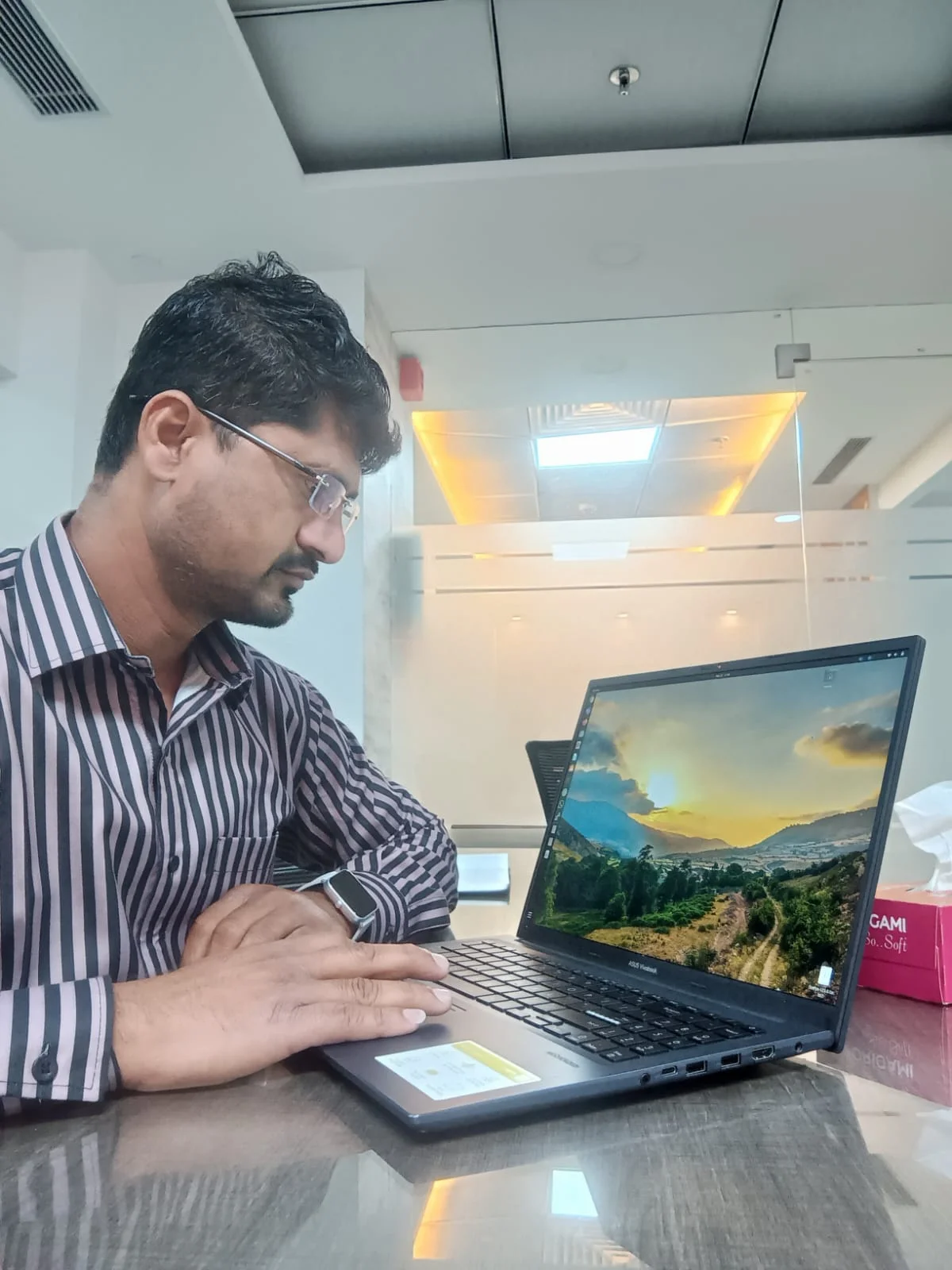
SECTION 7: CLOSING THOUGHTS
Ques: Is there anything else you’d like to share about your journey?
Ans: My transition from the army to the corporate sector was a roller-coaster ride of learning and challenges. The army taught me to be focused, devoted, dutiful, and disciplined. It also gave me an opportunity to hone my skills in various aspects of IT, such as server installation, cyber audit, cyber security, website design, and maintenance. All this inspired me to learn more and pursue my passion for joining the corporate sector as a cybersecurity service engineer.
Ques: How have your communication skills contributed to your success in cybersecurity?
Ans: Good communication skills were essential for my transition, from the first step of creating a resume and a LinkedIn profile to interviewing and negotiating, to working on a project and collaborating with others. Communication skills were the foundation of everything I did.
Ques: How would you guide your fellow service members who are preparing for retirement on how to adjust to civilian life?
Ans: If you are getting ready to retire from the military, I would suggest you consider the following aspects of your transition to civilian life:
- Career options: Think about what kind of work you would like to do after retirement, whether it is in the public or private sector, and what skills and qualifications you need to pursue it. You may want to take some courses, get some certifications, or update your resume to prepare for your second career.
- Personal development: Use this opportunity to explore your interests, hobbies, and passions, and to cultivate your personality and character. You may want to join some clubs, volunteer for some causes, or learn some new things that enrich your life and make you happy.
- Communication skills: Learn how to communicate effectively with different types of people, especially those who are not familiar with the military culture and jargon. You may want to practice your listening, speaking, writing, and presentation skills, and learn how to adapt your style and tone to different situations and audiences.
- Financial planning: Manage your finances wisely and plan for your future needs and goals. You may want to consult a financial advisor, create a budget, invest your savings, or set up a retirement account to secure your income and assets.
- Social connections: Maintain and expand your social network and support system, both within and outside the military community. You may want to keep in touch with your former colleagues and friends, make new connections, or join some groups or organizations that share your values and interests.
- Guidance and support: Seek help and advice from others who have gone through the same transition or who can offer you some insights and resources. You may want to reach out to some mentors, coaches, counsellors, or veterans’ associations that can assist you with your challenges and opportunities.
- Transition programs: Utilize the programs or services that are designed to help you with your transition from the military to civilian life. You may want to access some resources, tools, or support that can help you with your relocation, education, employment, health, or well-being.
- Mentorship: Find and connect with a mentor who can offer you some guidance, feedback, inspiration, or motivation. You may want to look for someone who has experience, expertise, or insight in your field of interest, and who can help you with your challenges or opportunities.
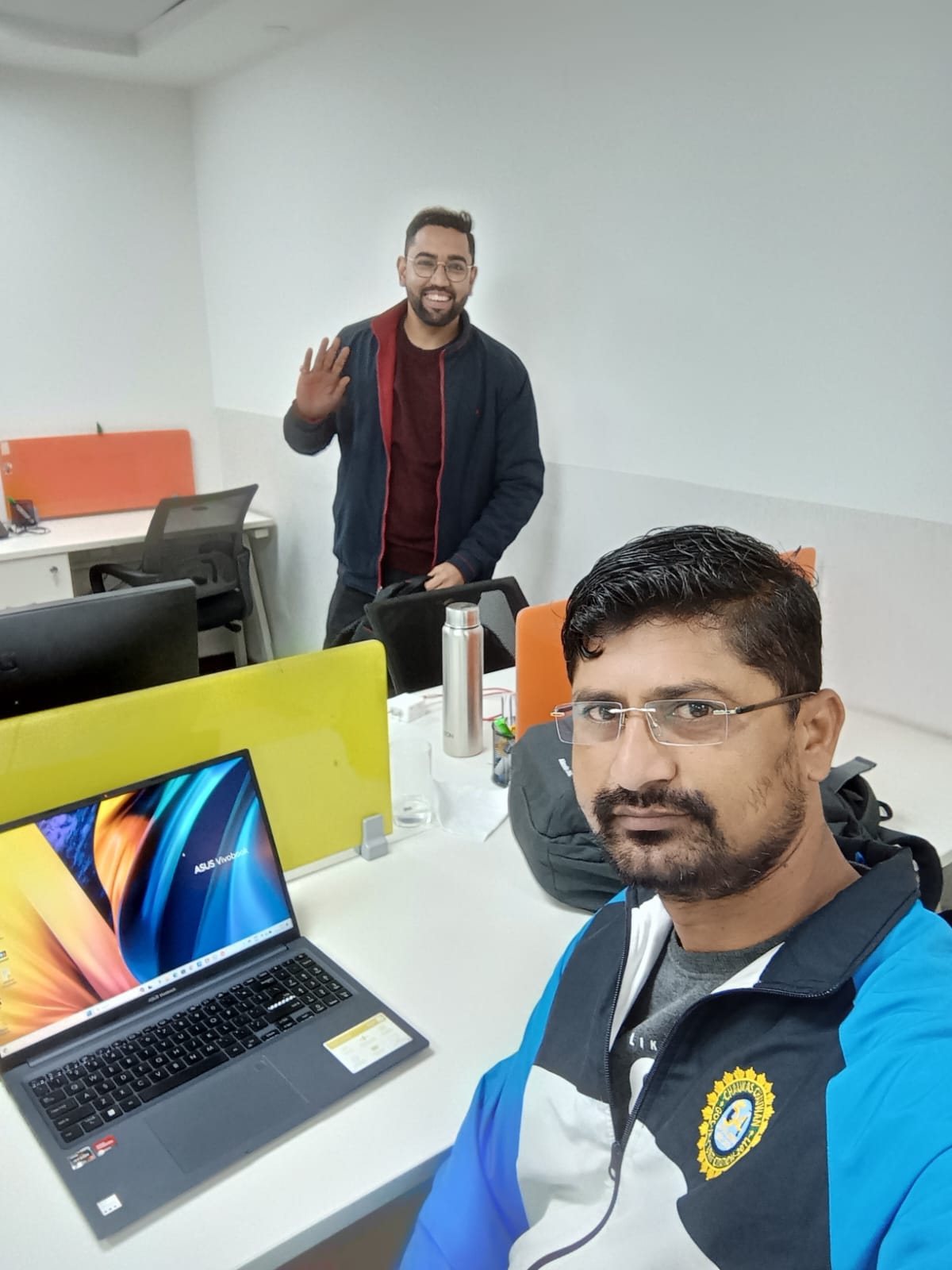
Ques: What suggestions would you give to those who are still serving and have ample time left in the Army? What steps should they take or courses should they consider to ensure a smooth transition after retirement?
Ans: If you are getting ready to retire from the military, but have ample time left, like a few years I would suggest you consider the following aspects of your transition to civilian life:
- Consider your retirement plans: If you are planning to retire and switch to another job in a different department, make sure you retire at the right time. If you retire too late, between 42 and 50 years old, you may lose many opportunities.
- Assess your trade skills: Find out how likely you are to get a job based on the trade skills you have, and how much they will benefit you. If they are useful, learn more and improve them.
- Education and training: Enroll in some courses or programs online that can help you acquire new knowledge or credentials in your field of interest. You may want to pursue a degree, a diploma, a certificate, or a professional qualification that can enhance your employability or career prospects.
- Skill upgrading: Identify and improve the skills that are relevant and in demand in the current job market. You may want to learn some technical, soft, or transferable skills that can make you more competitive or versatile in your chosen domain. Many online platforms provide courses for free of course, like Coursera, Udemy, Simplilearn etc.
- Job networking: Build and expand your network of contacts and connections who can offer you some opportunities, referrals, recommendations, or support. You may want to join some online platforms, attend some events, or reach out to some people who can help you with your job search or career advancement.
- Financial planning: Plan and manage your finances wisely and prudently to ensure your financial security and stability. You may want to consult a financial planner, create a budget, save and invest your money, or apply for some benefits or schemes that can support your income or expenses.
- Skill development: Develop and hone the skills that are essential and beneficial for your personal and professional growth. You may want to improve your communication, leadership, teamwork, problem-solving, or critical thinking skills that can help you succeed in any situation or environment.
- Entrepreneurship: Explore the possibility of starting your own business or venture that can allow you to pursue your passion, vision, or mission. You may want to research the market, identify the niche, develop the product or service, or secure the funding that can help you launch or grow your business or venture.

CONCLUSION
We thank Signalman Pathan Imam Vali for sharing his remarkable journey and helpful advice with us. He is an example of the resilience and adaptability of our soldiers, especially those from the Corps of Signals. He has successfully transitioned from the Army to the corporate sector as a cybersecurity engineer at WHIZHACK. We send him our best wishes for his career and life. Stay tuned to ESM Corner for more inspiring stories of Ex-Servicemen who have made a mark in the civilian world.
Meet Preeti Rajak: The First Woman Subedar of the Indian Army

